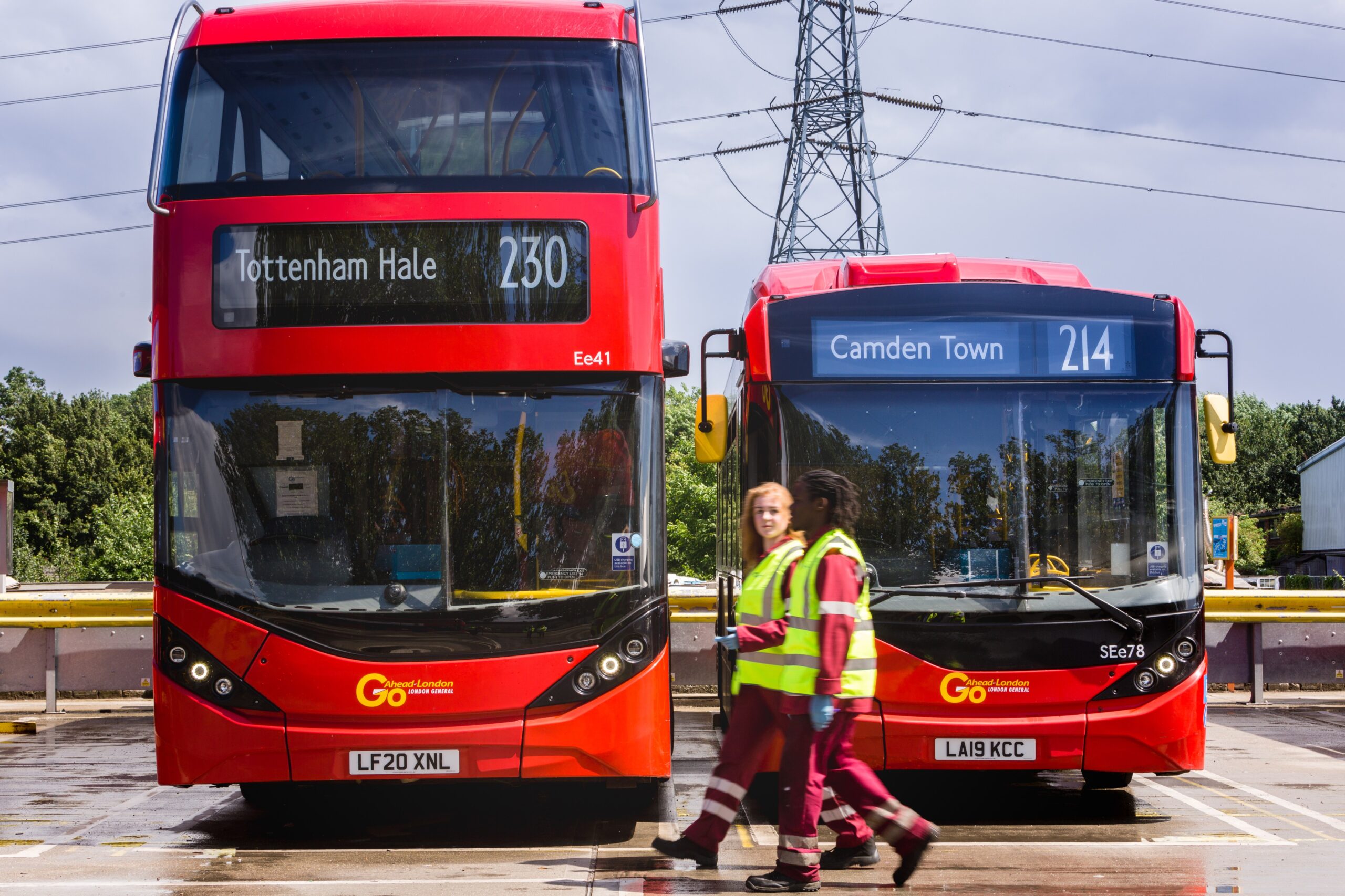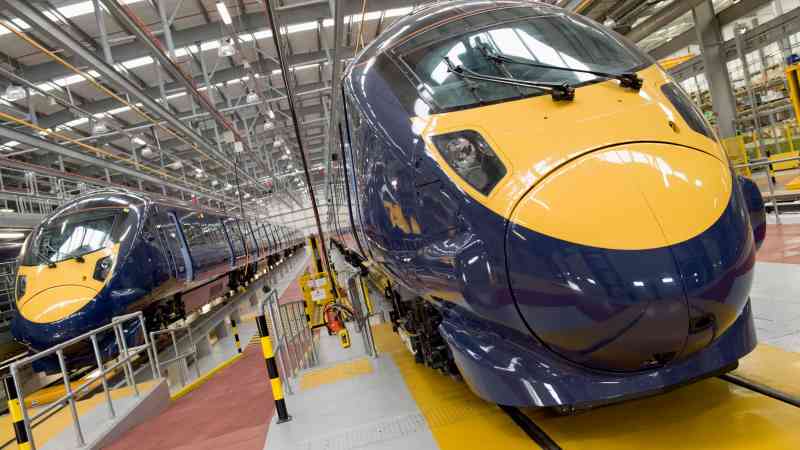Dividends coming down the tracks as foreign owners cash in at Go-Ahead
Britain’s biggest rail operator has restarted the dividend gravy train for the first time since the pandemic, handing its overseas owners more than £80 million in payouts.
Go-Ahead Group, the former FTSE 250 company that runs Southern, Thameslink, Great Northern and Gatwick Express services, has paid £58 million to its shareholders in Spain and Australia, corporate filings reveal. A further £26 million has been paid to joint venture partner Keolis, a subsidiary of the French state operator SNCF.
Go-Ahead, also one of Britain’s biggest bus operators, was acquired by Australian firm Kinetic and Spanish infrastructure investor Globalvia in the second half of 2022 for £650 million.
Rail operator dividend payments were halted during the pandemic as the government stepped in with £15 billion of taxpayer aid to keep services running. Southern, Thameslink and Great Northern received a total of £2.1 billion — although most of this was received prior to Go-Ahead being taken private.
Bus operators also received a series of bailouts during the pandemic and continue to receive taxpayer aid through the government’s capping of single fares at £2 outside London. Any price charged by a bus company above £2 is picked up by the exchequer. The scheme began at the start of 2023 and is scheduled to end in December this year. It is estimated to have cost the public purse hundreds of millions of pounds.
Go-Ahead posted a £6 million pre-tax profit on £3.8 billion of revenue during the 18-month period to December 2023.
Recently filed accounts also show that Go-Ahead has restructured its debts, increasing its “core facilities” from £560 million when it was a listed company to more than £1 billion post-takeover. Net debt stands at £780 million, however.

The Southern, Thameslink, Great Northern and Gatwick Express rail lines — collectively known as Govia Thameslink — are among the first that will be nationalised by the government under Sir Keir Starmer’s flagship policy to bring Britain’s trains under public ownership. The Govia Thameslink contract expires in April 2025.
Miguel Parras, Go-Ahead’s chief executive, said: “In 2023 we grew significantly, with several strategic UK acquisitions and tender wins, and invested over £200 million in replacing our diesel fleet with cleaner, greener buses, as part of our EV transition leadership. A further £290 million of investment in our fleet is already committed over the next two years.”
Separately, the government has come under fire for launching a £1.2 billion private sector train deal after coming to power promising nationalisation.
The Department for Transport has published a tender document inviting applications from privately owned “rolling stock companies” to bankroll new trains for the TransPennine Express, which runs east-west across northern England from Hull to Liverpool.
Labour had previously said it would carve out the multibillion-pound rolling stock sector from its rail nationalisation plans. Nevertheless, Conservative MP Helen Whately, shadow transport secretary, said: “Labour have spent the last few years telling everyone that private investment in our rail network is a bad thing. But here they are in government opening a new tender.
“Their big idea to fix our railways is to put politicians in charge of the controls. But deep down they know that private investment improves services for passengers and reduces the burden on taxpayers.”
A Department for Transport spokesperson said: “Our plans for public ownership of passenger rail will put passengers first. As part of this, we intend for rolling stock companies to continue to lease rolling stock, working with Great British Railways to make it easier to share trains across the rail network.
“The competition for new rolling stock for the TransPennine upgrade began before the transport secretary was in place.”




Post Comment